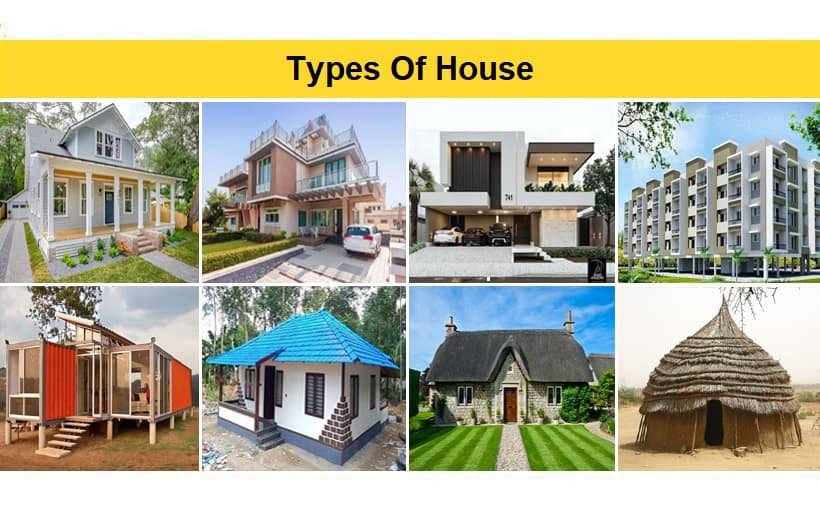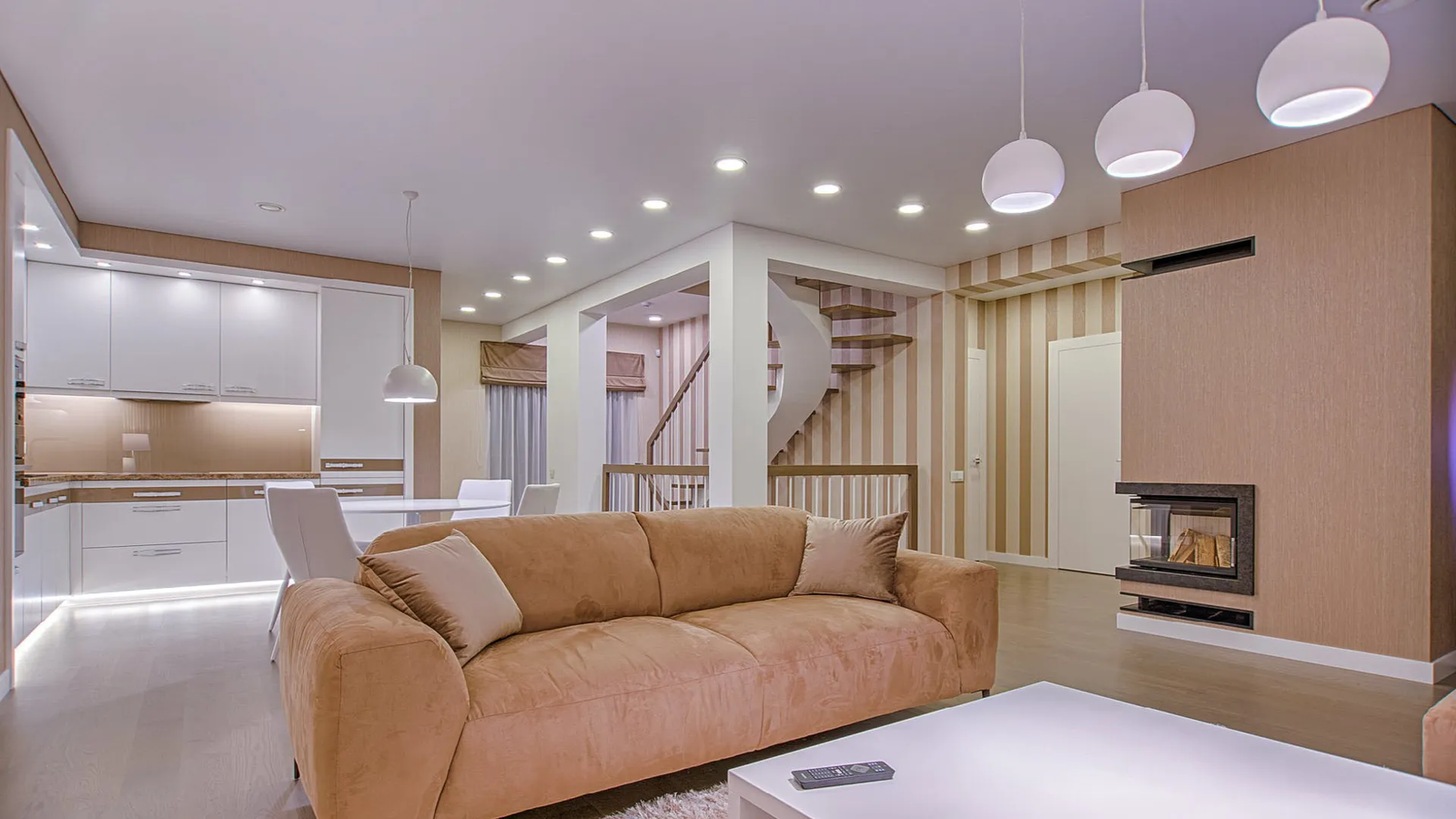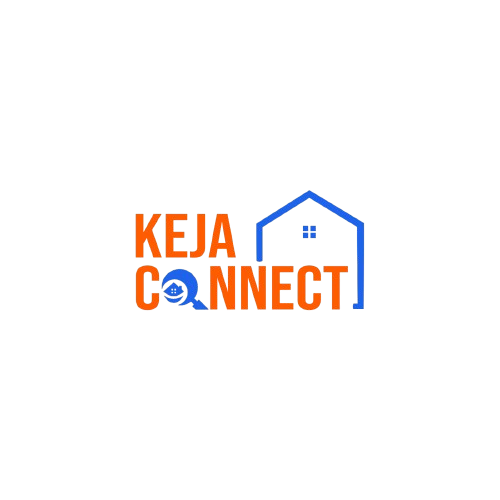
Keja Connect 0 Comments 50 Views
Types of Houses and Key Considerations
Types of Houses and Key Considerations
Choosing a house to live in is a significant decision that involves evaluating various factors to ensure it suits your lifestyle, preferences, and long-term plans. From the type of house to the location and amenities, each aspect plays a crucial role. In this blog, we’ll explore the different types of houses and the essential factors to consider when choosing your ideal home.
Types of Houses
-
Apartments/Condos
Apartments and condos are popular choices in urban areas. They offer compact living spaces and typically come with amenities like shared gyms, pools, and security services. Condos differ slightly from apartments as they are usually owned rather than rented.Pros: Convenient, often close to amenities and public transport, low maintenance.
Cons: Limited privacy, restricted freedom to modify spaces, potential HOA fees. -
Detached Houses
A detached house stands on its own piece of land and is not connected to any other dwelling. It offers more privacy and space compared to an apartment.Pros: Greater privacy, space for a garden, and freedom to customize.
Cons: Higher maintenance, often more expensive, and might be farther from urban centers. -
Townhouses
A townhouse is a multi-story home that shares walls with neighboring houses but has its own entrance. Townhouses are a middle ground between apartments and detached homes, often offering more space while still being part of a community.Pros: More space than apartments, often include small yards or terraces, lower maintenance than detached houses.
Cons: Shared walls can mean less privacy, and you may have to pay homeowners' association (HOA) fees. -
Bungalows
Bungalows are single-story houses, making them an excellent choice for families with young children or elderly residents who might find stairs difficult to navigate.Pros: Easy accessibility, fewer stairs, potential for larger yards.
Cons: More land area required, which can make them more expensive in urban areas. -
Cottages
Cottages are typically small, cozy homes with a rustic charm, often located in rural or semi-rural areas. They are perfect for those who want a peaceful, countryside lifestyle.Pros: Scenic settings, cozy and charming aesthetic, great for nature lovers.
Cons: May be far from urban amenities, often require more maintenance. -
Tiny Houses
Tiny houses have gained popularity as a minimalist and eco-friendly option. They usually measure less than 400 square feet and are designed for efficient living.Pros: Low cost, eco-friendly, promotes minimalism.
Cons: Limited space, may require lifestyle adjustments, and zoning laws can be restrictive in some areas.
Factors to Consider When Choosing a House
-
Location
Location is perhaps the most critical factor when choosing a house. Consider the proximity to your workplace, schools, healthcare, shopping centers, and public transport. A convenient location can save time and transportation costs, significantly improving your quality of life. -
Budget
Determine how much you are willing and able to spend on your new home, including down payments, mortgage rates, and monthly maintenance costs. Factor in property taxes, utility bills, and possible HOA fees to get a clear picture of the total cost. -
Size and Layout
Think about how many bedrooms and bathrooms you need, as well as the overall square footage. Consider the layout—do you prefer an open floor plan or defined rooms? If you work from home, look for a space that can serve as an office. -
Future Plans
Consider your future needs. Are you planning to start or expand your family? Will you need space for elderly parents? Buying a house that aligns with your long-term goals can save you the hassle of moving again soon. -
Neighborhood
Research the neighborhood's safety, culture, and atmosphere. Visit at different times of the day to get a feel for the area. A good neighborhood can enhance your living experience, especially if you value a sense of community. -
Maintenance and Upkeep
Some types of houses require more maintenance than others. Detached houses and older properties might need regular repairs and gardening, while apartments and newer builds can offer low-maintenance living. -
Resale Value
Even if you plan to live in your new house for a long time, it's wise to consider the potential resale value. Factors like location, neighborhood development, and property condition can affect how much your house will be worth if you decide to sell it in the future. -
Amenities and Lifestyle Needs
Consider what amenities are most important to you, such as a gym, pool, or outdoor space. If you love outdoor activities, a home near parks or with a backyard might be ideal. Those who enjoy a vibrant city life might prefer proximity to cafes, restaurants, and nightlife. -
Climate
The local climate can impact your choice of house. If you live in an area prone to extreme weather conditions, you might need features like a solid foundation, good insulation, or storm-proof windows.
Conclusion
Choosing a house is more than just finding a place to live—it’s about selecting a home that fits your lifestyle, needs, and future aspirations. By considering the type of house and the key factors like location, budget, and size, you can make a well-informed decision that brings comfort and joy for years to come.



0 Comments
Submit a Comment